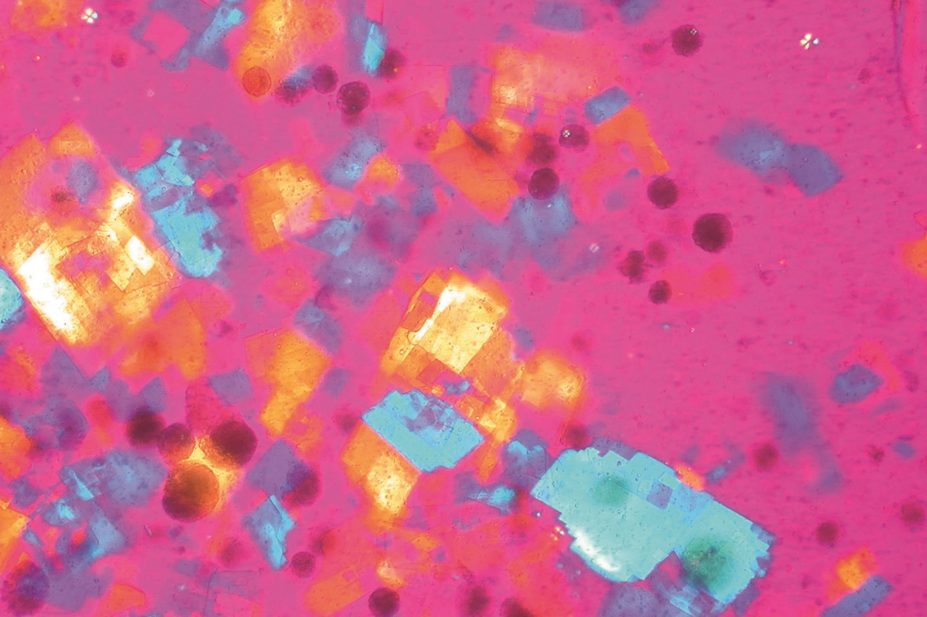
Ed Uthman / Wikimedia Commons
The European Commission (EC) has granted marketing authorisation for Amgen’s Repatha (evolocumab), making it the first proprotein convertase subtilisin/kexin type 9 (PCSK9) inhibitor — a new class of drugs for reducing cholesterol — to be approved in the world.
The EC rubber stamped a recommendation made by the European Medicines Agency (EMA) in May 2015 that evolocumab be approved as a treatment for people with primary hypercholesterolaemia who are unable to control their cholesterol with current therapies, and for people with homozygous familial hypercholesterolaemia, a rare inherited disorder that causes dramatic elevations in low-density lipoprotein (LDL) cholesterol.
The move came just days before Sanofi/Regeneron’s PCSK9 inhibitor Praluent (alirocumab) was approved by the US Food and Drug Administration on 24 July 2015.
Alirocumab is approved for lowering LDL cholesterol, in addition to diet and maximally tolerated statin therapy, in adult patients with heterozygous familial hypercholesterolemia and for patients with clinical atherosclerotic cardiovascular disease who require additional lowering of LDL cholesterol.
PCSK9 inhibitors are antibodies that target a protein called PCSK9 that interferes with the ability of receptors in the liver to remove LDL cholesterol from the blood. By blocking PCSK9, more receptors are available, lowering LDL cholesterol levels.
Possible side effects of PCSK9 inhibitors, which are given by injection fortnightly, include itching, swelling, pain, or bruising where injection is given, nasopharyngitis, flu, back pain and arthralgia and rash.


